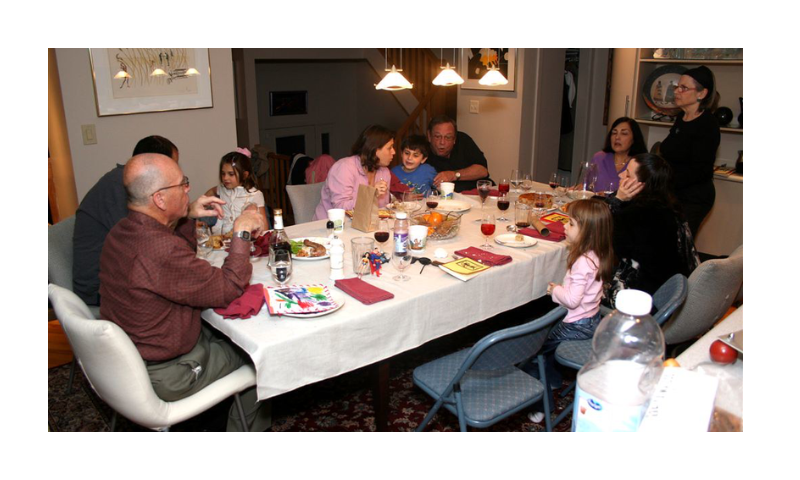Shalom Carm
First Things, April 2023
“… for Jews, the normative memory of slavery is inseparable from the threat of extermination.”
Jews throughout the world celebrate the first nights of Passover, which commemorate God’s deliverance of the Israelites from Egypt 3,500 years ago. The focus is the Seder, a meal at which a variety of commandments are fulfilled, most notably the eating of matza (unleavened bread) and maror (bitter herbs), and the recitation of Hallel (psalms of praise). We recount the story of redemption contained in the Haggadah, the “telling” of the exodus comprising a compilation of rabbinic texts and traditional songs that elaborate on the themes and laws pertaining to Passover. This observance is central to Jewish life and is perhaps the best known Jewish tradition among the non-Jewish. What does it teach?
For most American Jews, the story of the exodus is about moving from slavery to freedom. We were slaves to Pharaoh; now we are emancipated. This message reinforces contemporary ideals that Jews share with their non-Jewish neighbors. It dovetails with pride in the American achievement of civil rights and gratitude for Jewish emancipation in the modern era. Most of the uncles, aunts, and other relatives at my childhood sedarim were coming primarily to a family reunion. To the extent that they tackled the meaning of Passover, their thoughts were consistent with this social and political sensibility.
The story is more complicated, however. There is an alternative or complementary experience, one that plays a crucial role in Orthodox Jewish practice and thought. Studying it, I believe, can be important for non-Jews as well. Whatever the legitimate social-political, secular, or theologically liberal appropriations of the story, the exodus from Egypt also serves as a prelude to the revelation at Sinai less than two months later. Thus the more theological emphasis of this approach to Passover: Freedom is to be cherished because it paves the way to divine law. We shall see that this reading, likewise, does not stand alone. In the Bible, in Jewish reflection, and in contemporary life, the themes of political freedom and absolute fealty to God’s law interact in unexpected ways.
… [To read the full article, click here]


